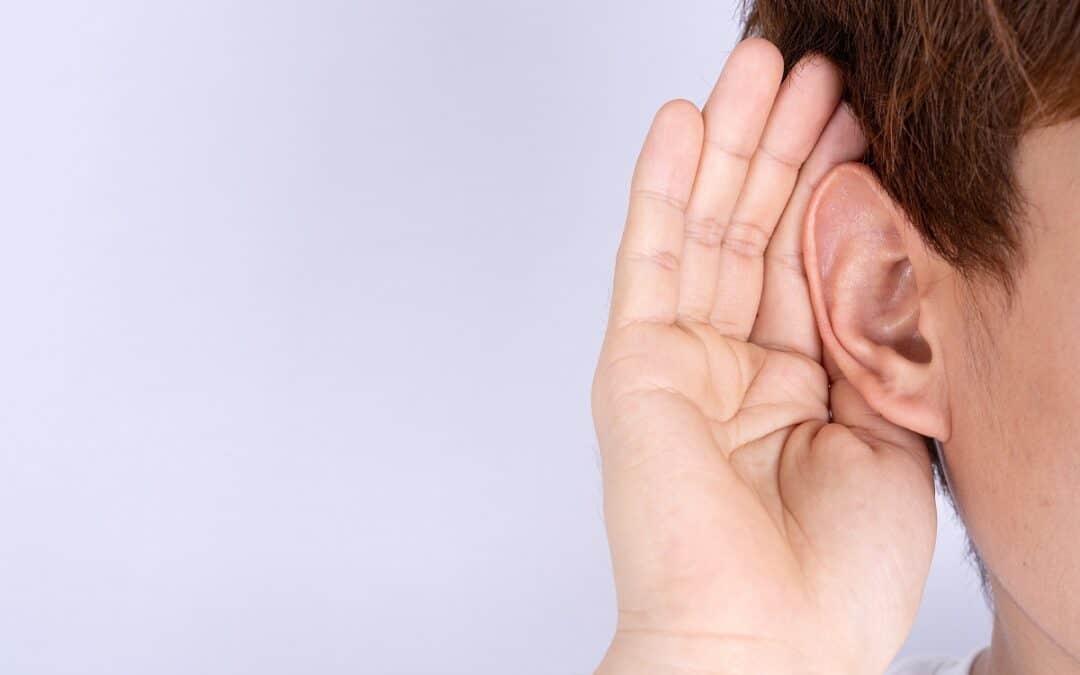Are you a smoker? You must be pretty stubborn these days to keep up the habit, with constant reports of health risks including higher rates of lung cancer, hypertension, and heart disease. The fact that smoking tobacco is extremely addictive, of course, may be the main reason you still smoke. Quitting can be emotionally and physically challenging, but many reports that the single most helpful thing that helped them to quit is when they simply make up their mind to leave that chapter behind. If you needed one more reason to quit that might just tip the scales, recent findings show that smoking not only increases the likelihood of sensorineural hearing loss, but the more you smoke, the higher the risk.
Understanding How Smoking Effects Hearing Loss
90 percent of all cases of hearing loss are sensorineural, a permanent condition in which tiny hair-like cells become damaged, blocking the flow of audio information from our ears to the brain. You see, we collect sound with our ears but hearing and listening happen in the brain. The hair like cells which send sound to the brain are called stereocilia and they rely on a healthy supply of oxygenated blood flow to maintain optimal health.
When you use tobacco products whether it be with cigarettes, vape or chew, it carries nicotine, a chemical which is considered ototoxic. Ototoxic chemicals damage proposes a risk to the cells of the inner ear, increasing the risk of damage or cell death, causing life-long hearing loss. In this case nicotine causes blood cells to constrict, limiting the flow of blood to cells throughout the body including the very fragile stereocilia.
A Recent Study on Smoking
To better document the impact of smoking on our hearing, a 2018 study from Japan collected data from over 50,000 people aged 20 to 64. They surveyed participants on their daily tobacco use as well as testing the participants hearing at the beginning and the end of the study, several years later. The researchers were shocked to see the impact that smoking had on hearing loss over years.
They found that even those who smoked up to 10 cigarettes daily (half a pack) were at a 40% increased risk of developing hearing loss in comparison to non-smokers. Participants who smoked 11 to 20 cigarettes per day (a pack a day) were 60% more likely to have hearing loss. Those who smoked more than 20 cigarettes per day were 70% more likely to develop hearing loss—a serious risk to your hearing
The Impact of Hearing Loss
With all the risks to our health that smoking poses, many may consider hearing loss the least of their worries, but in truth many may be surprised to find just how essential healthy hearing is for our overall health. When we struggle to hear you may slowly start to notice the social impact it has. For those in the workforce, communication issues may impact earnings, promotions and raises. At home issues with communication can build up into rifts which can cause chronic loneliness and depression. You may find yourself opting out of social obligations and gatherings as the strain of hearing loss makes these interactions not only exhausting but often void of joy.
In addition, because hearing occurs in the brain, the strain of hearing can cause a strain on cognitive performance. Even a slight loss can cause people to score lower on cognitive testing and increase the risk of dementia later in life. Untreated hearing loss also can increase the risk of falls and accidents which can lead to hospitalizations.
Nicotine and speech comprehension
While smoking impacts our blood vessels by causing them to constrict, nicotine and carbon monoxide from smoking cigarettes can also cause damage to the nerves in the brain. In addition to stereocilia, neurotransmitters send an auditory message from the brain to the ear, and can be interrupted by nicotine use, making it hard to differentiate between sounds and tones, making conversations sound muffled, especially in noisy settings.
Letting go of self-sabotaging habits
If you needed one more reason to quit smoking, let this be it. Start today out by quitting smoking. While you’re at it, test for hearing loss and start a journey towards an increase quality of life now!

